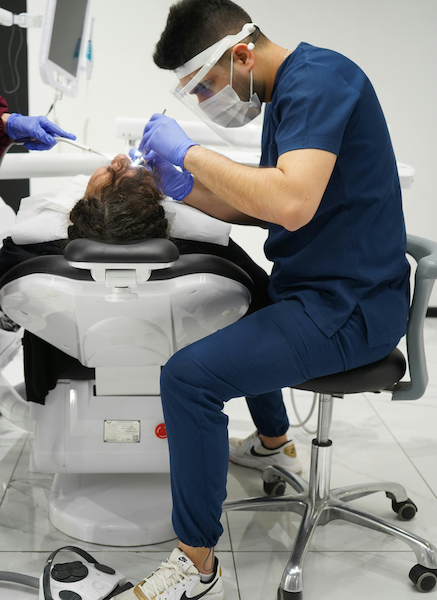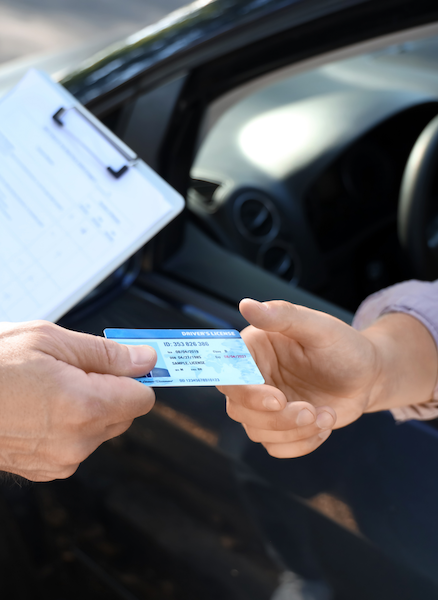Cost of living
Student visa rules state that you must have enough money to support your living expenses in the UK. Living expenses include your rent, bills, food, travel and other personal expenses. It is important that you do not divert this money for other purposes.
The financial requirement for your visa is an estimate of how much it will cost you to live in the UK. Your actual costs will vary depending on where you choose to live and your lifestyle choices. It is important that you make a budget plan before arriving in the UK. Look into the average cost of living in London before you arrive, so you know what to expect. The following exercise can be useful in working out whether you have enough funds in place to cover your costs:
- Note down the amount you have to cover your living expenses
- Subtract your essential costs (e.g. rent, food, travel)
- Calculate your disposable income (e.g. hobbies, eating out)
Build a small emergency fund into your budget, in case you face any unexpected costs.



